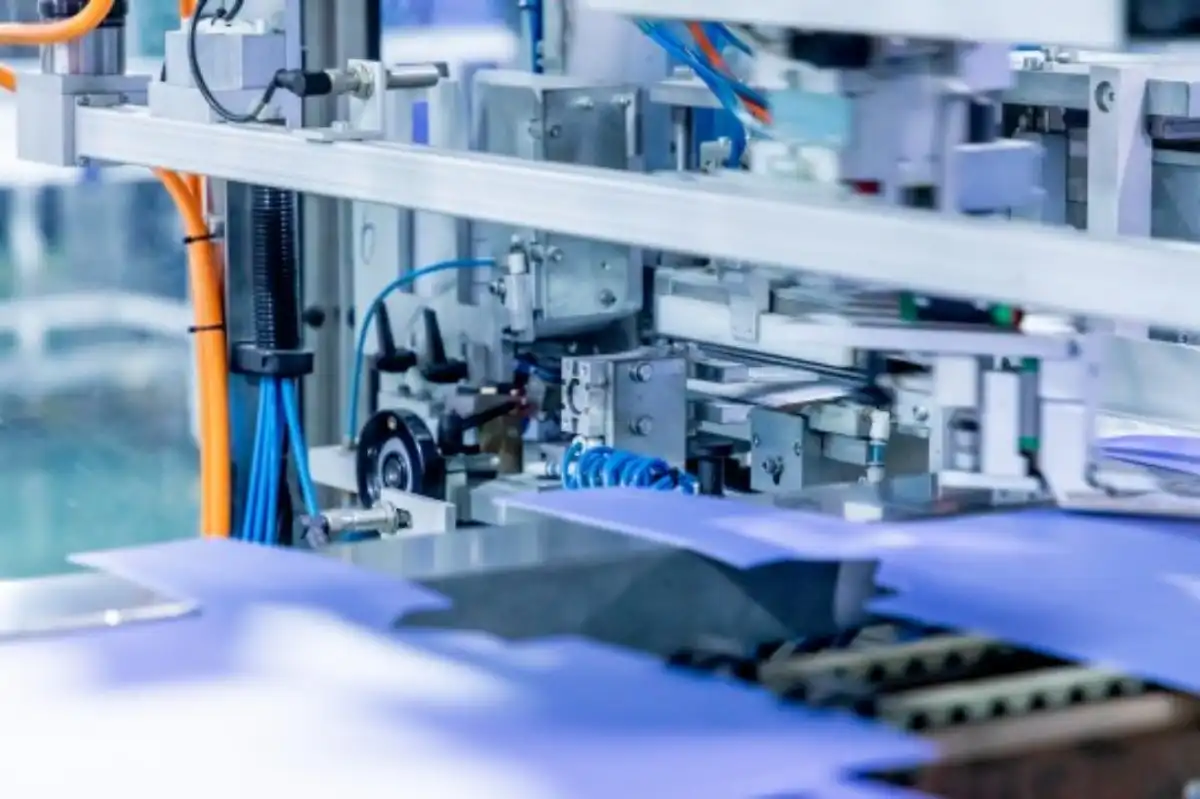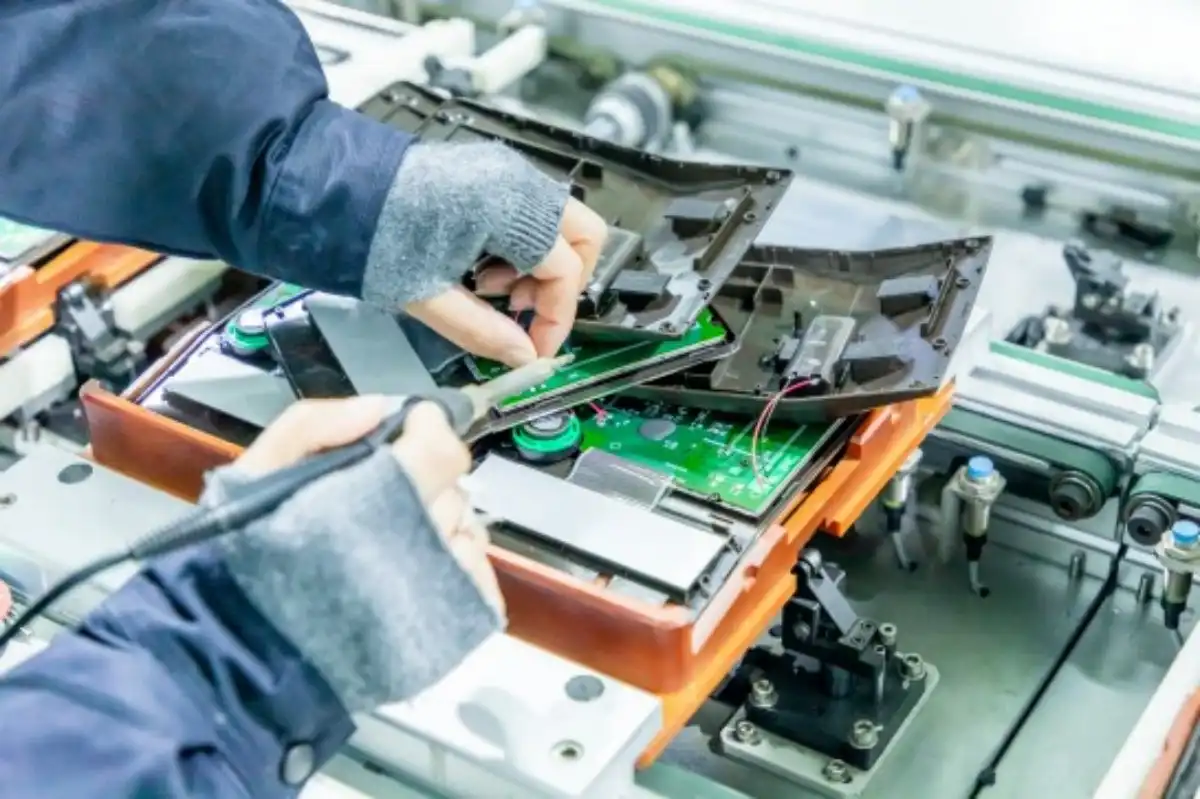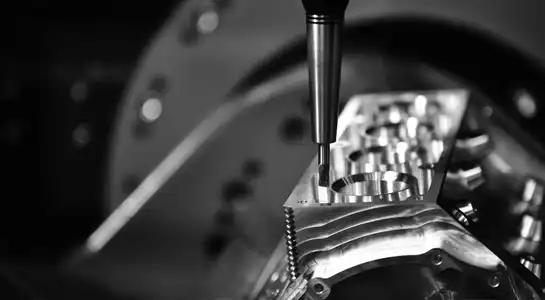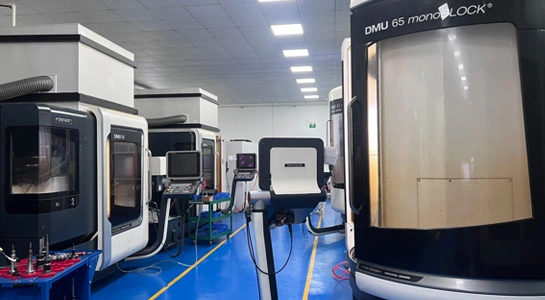The Importance of Pre-Production Runs in Product Development
Identifying Design Flaws and Manufacturing Challenges
Pre-production runs serve as a vital tool for uncovering design flaws and manufacturing challenges that may not be apparent during the prototyping phase. By simulating actual production conditions, these trials allow engineers and designers to observe how their product performs under real-world manufacturing constraints. This process can reveal issues such as:
- Material incompatibilities
- Assembly difficulties
- Tooling inadequacies
- Production bottlenecks
Identifying these problems early in the development cycle enables teams to make necessary adjustments before investing in full-scale production, potentially saving significant time and resources.
Refining Production Processes and Optimizing Efficiency
Pre-production runs provide an excellent opportunity to fine-tune manufacturing processes and improve overall production efficiency. During these trials, production teams can:
- Test and optimize assembly line configurations
- Evaluate the effectiveness of quality control measures
- Identify areas for automation or process improvement
- Determine optimal production speeds and batch sizes
By addressing these factors during pre-production, companies can streamline their manufacturing processes, reduce waste, and ultimately lower production costs.
Ensuring Quality Control and Consistency
Quality control is paramount in any manufacturing process, and pre-production runs play a crucial role in establishing and refining quality assurance protocols. These trials allow manufacturers to:
- Develop and test quality control checkpoints
- Establish acceptable tolerance ranges for various product specifications
- Train quality control personnel on inspection procedures
- Identify potential sources of defects or inconsistencies
By addressing quality control issues during pre-production, companies can ensure that their final products meet or exceed customer expectations consistently.
The Impact of Pre-Production Runs on Product Launch Success
Mitigating Risks and Reducing Costly Errors
One of the primary benefits of conducting pre-production runs is the ability to identify and mitigate risks before they escalate into costly problems during full-scale production. By addressing issues early in the development process, companies can:
- Avoid expensive tooling modifications
- Prevent production delays due to unforeseen complications
- Reduce the likelihood of product recalls or customer dissatisfaction
- Minimize warranty claims and associated costs
Investing in pre-production runs can lead to significant cost savings and help protect a company's reputation in the long run.
Improving Time-to-Market and Competitive Advantage
While pre-production runs may seem like an additional step that could delay product launch, they often lead to faster time-to-market in the long run. By identifying and resolving issues early, companies can:
- Avoid delays caused by manufacturing problems during full-scale production
- Streamline the transition from development to production
- Reduce the need for last-minute design changes or production adjustments
- Launch products with greater confidence and fewer complications
This improved efficiency can provide a significant competitive advantage, allowing companies to bring their products to market faster and more successfully than their rivals.
Enhancing Product Performance and Customer Satisfaction
Pre-production runs contribute significantly to the overall quality and performance of the final product. By thoroughly testing and refining the product during these trials, companies can:
- Ensure that products meet or exceed design specifications
- Identify and resolve potential usability issues
- Improve product reliability and durability
- Enhance overall customer satisfaction and brand loyalty
Launching a well-tested and refined product increases the likelihood of positive customer reviews and repeat purchases, contributing to long-term business success.
Best Practices for Conducting Effective Pre-Production Runs
Planning and Preparation
To maximize the benefits of pre-production runs, thorough planning and preparation are essential. Key steps in this process include:
- Clearly defining objectives and success criteria for the pre-production run
- Involving all relevant stakeholders, including design, engineering, and production teams
- Developing a comprehensive test plan that covers all aspects of the product and production process
- Ensuring that all necessary materials, tools, and equipment are available and properly calibrated
Proper planning sets the stage for a successful pre-production run and helps ensure that all critical aspects of the product and process are thoroughly evaluated.
Data Collection and Analysis
Effective pre-production runs rely on thorough data collection and analysis. To make the most of these trials, companies should:
- Implement robust data collection systems to track key performance indicators
- Use statistical process control techniques to identify trends and variations
- Conduct thorough analysis of collected data to identify areas for improvement
- Document all findings, including both successes and challenges encountered
Careful analysis of pre-production data can provide valuable insights that drive continuous improvement in both product design and manufacturing processes.
Iterative Improvement and Validation
Pre-production runs should be viewed as an iterative process, with each trial building upon the lessons learned from previous runs. To maximize the value of these iterations, companies should:
- Implement changes and improvements based on findings from each run
- Conduct multiple pre-production runs to validate improvements and ensure consistency
- Involve quality control teams in each iteration to refine inspection procedures
- Continuously update documentation and standard operating procedures based on pre-production results
This iterative approach helps ensure that the final product and production process are fully optimized before moving to full-scale manufacturing.

Conclusion
Pre-production runs are an indispensable step in the product development process, offering numerous benefits that directly impact the success of your product launch. By identifying design flaws, optimizing manufacturing processes, and ensuring consistent quality, these trials significantly reduce risks and costs associated with full-scale production. Moreover, they contribute to faster time-to-market, enhanced product performance, and increased customer satisfaction. Embracing pre-production runs as a critical phase in your product development cycle can give your company a competitive edge and pave the way for a successful product launch.
FAQs
1. How long does a typical pre-production run take?
The duration of a pre-production run can vary depending on the complexity of the product and the scale of production. It can range from a few days to several weeks.
2. How many pre-production runs should be conducted?
The number of runs depends on the product's complexity and the issues encountered. Generally, 2-3 runs are common, but more complex products may require additional iterations.
3. Are pre-production runs necessary for all types of products?
While beneficial for most products, they are especially crucial for complex items, high-volume productions, or products with stringent quality requirements.
Expert Pre-Production Run Services | BOEN
At BOEN Prototype, we specialize in delivering high-quality pre-production run services for a wide range of industries. Our experienced team of engineers and technicians can help optimize your product design and manufacturing processes, ensuring a smooth transition to full-scale production. As a leading supplier and manufacturer in the field, we offer comprehensive solutions tailored to your specific needs. Contact us at contact@boenrapid.com to learn how we can support your product launch success.
References
Smith, J. (2022). "The Role of Pre-Production in Modern Manufacturing". Journal of Industrial Engineering, 45(3), 78-92.
Johnson, A. et al. (2021). "Optimizing Product Development Through Pre-Production Trials". International Journal of Production Research, 59(8), 2345-2360.
Brown, M. (2023). "Risk Mitigation Strategies in New Product Development". Harvard Business Review, 101(2), 112-124.
Lee, S. and Park, K. (2022). "Quality Control Methodologies in Pre-Production Phases". Total Quality Management & Business Excellence, 33(5-6), 589-605.
Thompson, R. (2021). "Accelerating Time-to-Market: The Impact of Pre-Production Runs". MIT Sloan Management Review, 62(4), 25-31.
Garcia, L. et al. (2023). "Cost-Benefit Analysis of Pre-Production Trials in Manufacturing". International Journal of Production Economics, 246, 108401.






